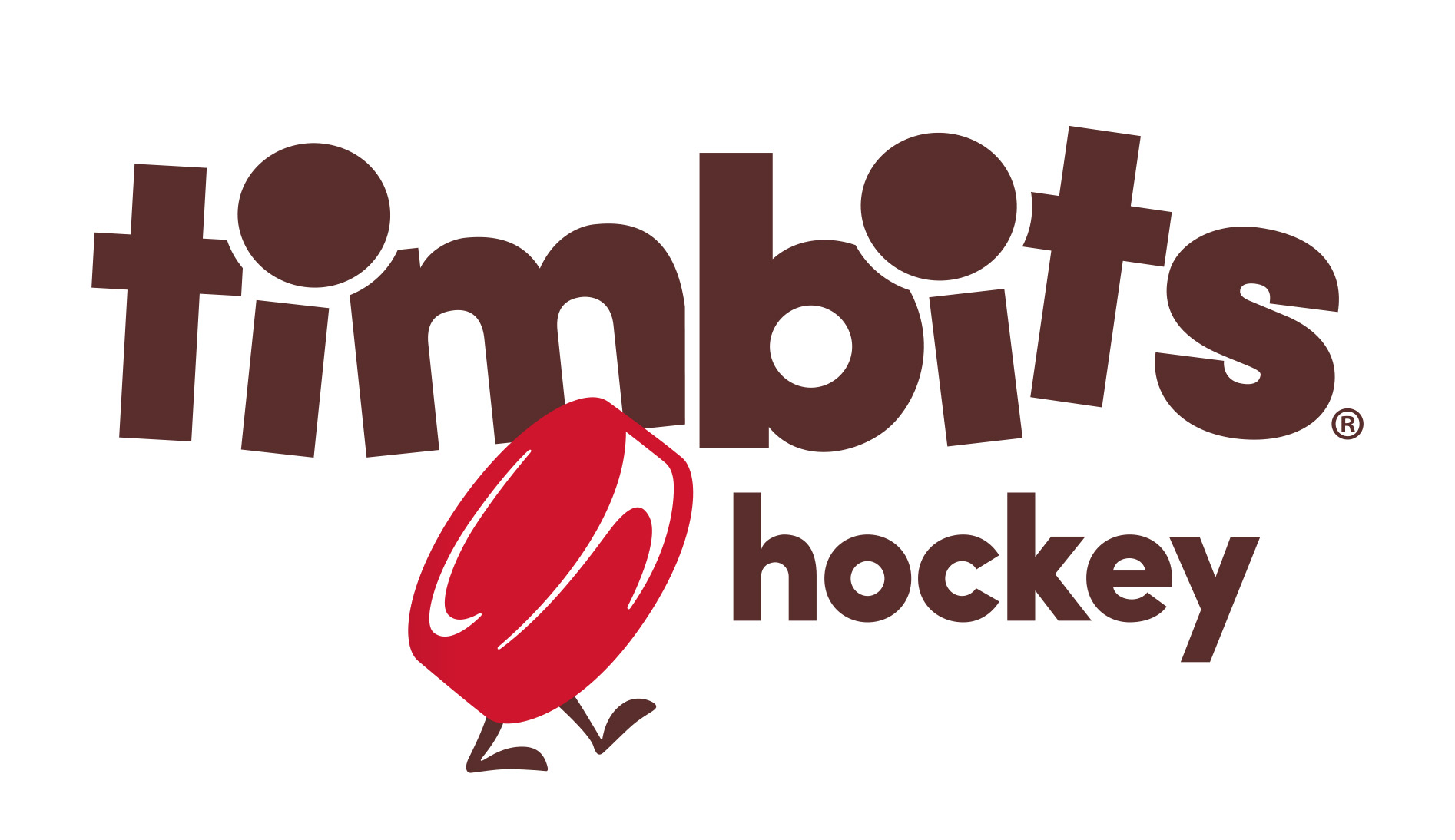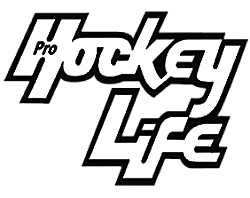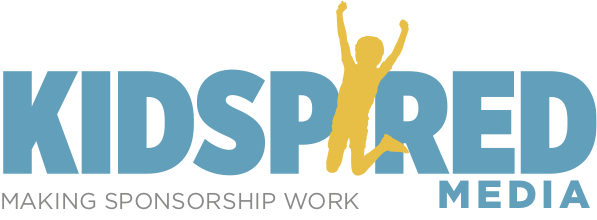Injury Reporting
How to report injuries
Although we don't like to see injuries happen to our players, they are a part of the game and will always be present, no matter how much we mitigate risks. When an injury does occur, it is important that it is documented.
Each time a player is injured, it must be reported to KGHA irrespective of whether there is a physician's report or a claim is to be made. Realizing that completion of a formal injury report for every instance would be cumbersome, KGHA has adopted the use of an Injury Log.
Submission of the injury report
Hockey Canada Injury Report Forms shall be submitted for all injuries where a physician's report, hospital trip, or a claim is made. As the Injury Report Forms are ultimately given to the player or player’s parents and the Association for processing, the trainer is required to maintain their own team log that summarizes the injury report. Please note that claims must be presented within 90 days of the injury. The form should be sent to info@owha.on.ca.
Submission of injury log
Periodic submission of each team’s Injury Log to the Risk and Safety Coordinator is required throughout the season. This provides the association with details of the frequency, severity, and type of injuries that are occurring and may identify risk areas and opportunities for developmental enhancement. Injury Log must be submitted on the following schedule (the difference for competitive versus house reflects the general number of ice appearances with practices and tournaments):
| Competitive teams | House teams |
|---|---|
| October 31st December 31st February 28th End of season | December 31st End of season |
Note: Trainers may submit the online form via email to the Risk and Safety Coordinator.
Return after injury
When a player gets injured and this injury causes her to miss more than one game (in other words two or more games); upon her return, she should provide a doctor's note stating that the player is fit to play. Ideally, before playing a game after being injured, the player should attend one practice to ensure they are fully recovered. The child's well-being and safety are KGHA's and YOUR number one concern.
The ThinkFirst campaign (in conjunction with Hockey Canada) has outlined some return-to-play rules specific to concussions but can be used as a general return-to-play guideline after a serious injury. ThinkFirst: Concussion - Recognition, management, and prevention. The KGHA endorses this approach for all KGHA players.
Concussion awareness resource
Rowan's Law - Preventing injuries is important to keeping people active throughout their lives. Some injuries are easy to see and treat but what about an injury inside the head? Brain injuries, such as concussions, don’t show on the outside and are not always obvious. Even when you can’t see the injury, a person with a concussion still feels the effects and needs the proper care to get better. This resource will help you learn more about concussions so you can keep yourself and others active and safe - whether you’re an athlete, student, parent, coach, official, or educator.





